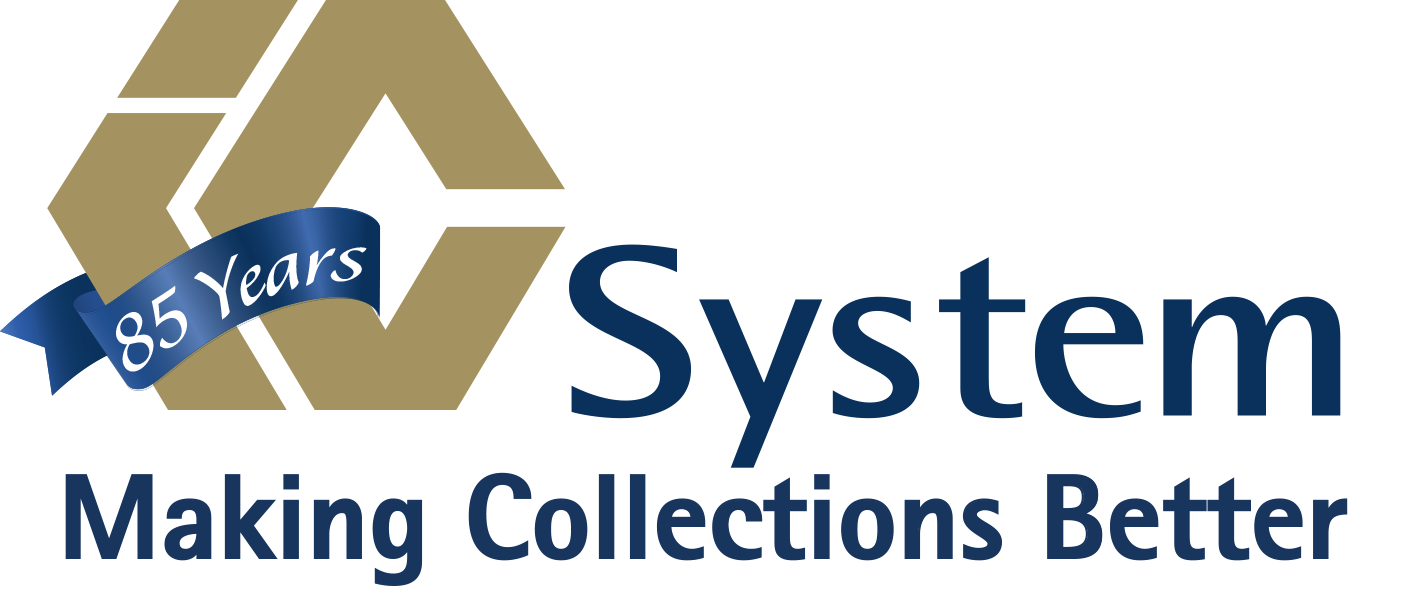Learn about laws, taxes that can impact utility prices

Utility prices such as electricity and natural gas rates may vary across your state. This can be a source of frustration for your customers, especially if they are comparing rates between public and private utilities. According to an analysis by the New York Times, in 32 of 48 states, customers pay less for public utilities than private.
Educating customers on the realities of your regulatory landscape can be helpful when resolving customer concerns about how much they are being charged for your services. Your goal is to always deliver a reliable service to your customers, and the ultimate customer satisfaction comes from knowing your customers can take for granted that when they turn on the faucet, they will get clean, safe water; or the heat will kick in when it gets cold; or the lights will come on when it gets dark. But a host of factors can impact the price they pay, even if the customers are only a few miles apart.As you begin that education process, consider these two factors that can impact the cost of utilities.
Energy sources: In California, for example, private utilities may not use coal-fired plants as an energy source, while public utilities are permitted to use coal. Because coal is, of course, cheaper, that brings down the price for customers. That is one example of how one law can make big difference regarding what customers pay, even if they are getting the same product in the same state.
In the midst of this controversy in California, however, the private utilities point out they are actually using more renewable energy sources than the public utilities. Putting this investment front and center and showing the progress being made can help customers connect the dots and see value in the services they are paying for.
Taxes: Taxes can also impact what customers pay for their services. A public utility, being a government entity, is eligible for tax-exempt financing for projects, and it may not have to pay property taxes. A private utility, however, will pass the taxes it is charged along to customers to recoup their costs, and that will, of course, be factored into their rates.
In any case, utilities can use these opportunities to highlight the advantages they bring to customers. Public utilities can emphasize their stewardship of taxpayer dollars. Private utilities can emphasize their ability to innovate with renewable energy and their depth of resources since they often serve multiple communities. Helping customers understand what you are about is one path to customer satisfaction.
Need collection help?
Call us at 1-800-279-3511 to REQUEST PRICING!
About the Author: Brian Eggert
Brian Eggert is a business development specialist and writer for IC System, one of the largest receivables management companies in the United States. With 18 years in the collection industry, Brian's experience includes operations, client service, proposal writing, blogging, content creation, and web development.










